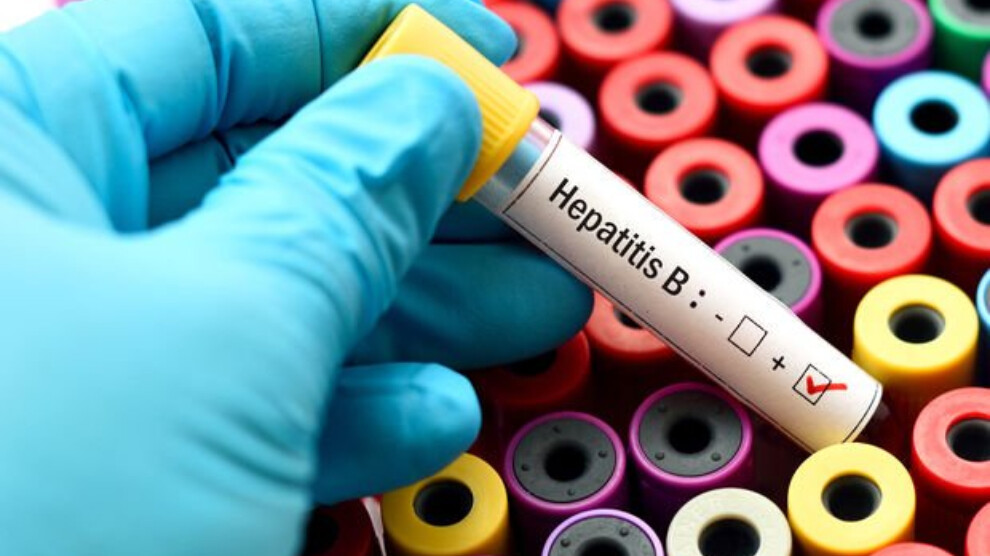WHO: Hepatitis viruses kill 3,500 people every day
Every day, there are 3,500 people dying globally due to hepatitis B and C infections, according to the latest World Health Organization (WHO) 2024 Global Hepatitis Report.

News Center- The World Health Organization (WHO) has released its 2024 Global Hepatitis Report. The number of lives lost due to viral hepatitis is increasing and the disease is the second leading infectious cause of death globally -- with 1.3 million deaths per year, the same as tuberculosis, a top infectious killer, according to the report.
New data from 187 countries show that the estimated number of deaths from viral hepatitis increased from 1.1 million in 2019 to 1.3 million in 2022. Of these, 83% were caused by hepatitis B, and 17% by hepatitis C.
3500 people die globally due to hepatitis every day
Every day, there are 3,500 people dying globally due to hepatitis B and C infections, the report said.
Updated WHO estimates indicate that 254 million people live with hepatitis B and 50 million with hepatitis C in 2022. Half the burden of chronic hepatitis B and C infections is among people 30–54 years old, with 12% among children under 18 years of age. Men account for 58% of all cases.
New incidence estimates indicate a slight decrease compared to 2019, but the overall incidence of viral hepatitis remains high. In 2022, there were 2.2 million new infections, down from 2.5 million in 2019. These include 1.2 million new hepatitis B infections and nearly 1 million new hepatitis C infections. More than 6000 people are getting newly infected with viral hepatitis each day.
“These results fall well below the global targets to treat 80% of people living with chronic hepatitis B and hepatitis C by 2030. However, they do indicate slight but consistent improvement in diagnosis and treatment coverage since the last reported estimates in 2019. Specifically, hepatitis B diagnosis increased from 10% to 13% and treatment from 2% to 3%, and hepatitis C diagnosis from 21% to 36% and treatment from 13% to 20%,” the report said.
According to the report, the WHO African Region bears 63% of new hepatitis B infections, yet despite this burden, only 18% of newborns in the region receive the hepatitis B birth-dose vaccination. In the Western Pacific Region, which accounts for 47% of hepatitis B deaths, treatment coverage stands at 23% among people diagnosed, which is far too low to reduce mortality.
“This report paints a troubling picture: despite progress globally in preventing hepatitis infections, deaths are rising because far too few people with hepatitis are being diagnosed and treated,” said WHO Director-General Dr. Tedros Adhanom Ghebreyesus. “WHO is committed to supporting countries to use all the tools at their disposal - at access prices - to save lives and turn this trend around.”
